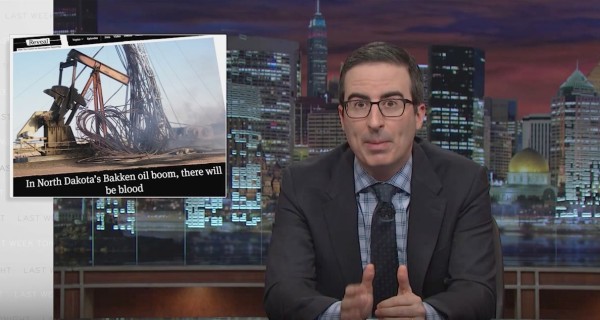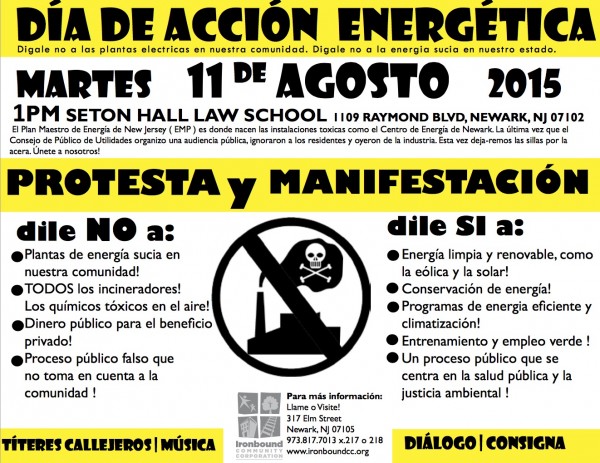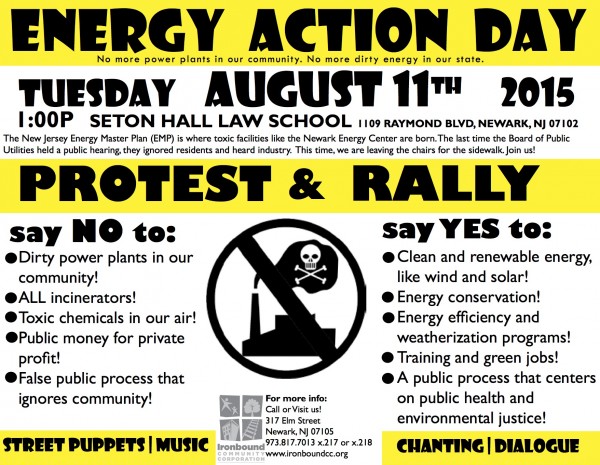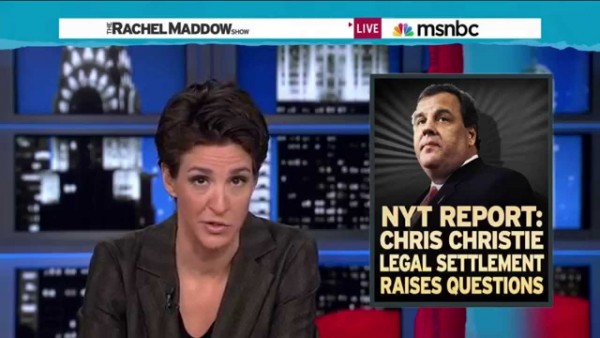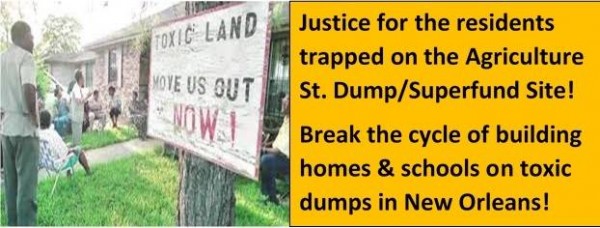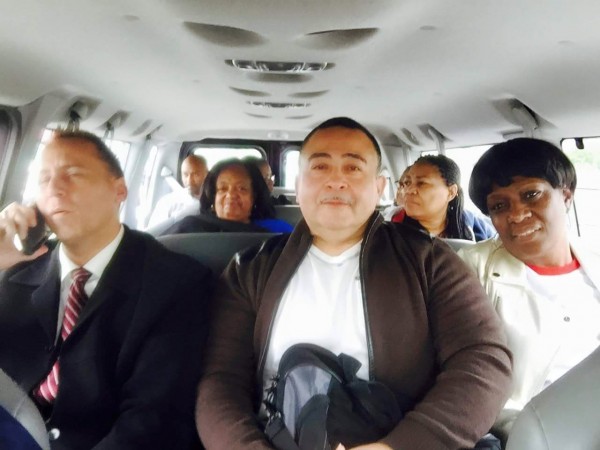 New data from the highly secretive arm of the U.S. Agriculture Department known as Wildlife Services reveals it killed more than 2.7 million animals during fiscal year 2014, including wolves, coyotes, bears, mountain lions, beavers, foxes, eagles and other animals deemed pests by powerful agricultural, livestock and other special interests.
New data from the highly secretive arm of the U.S. Agriculture Department known as Wildlife Services reveals it killed more than 2.7 million animals during fiscal year 2014, including wolves, coyotes, bears, mountain lions, beavers, foxes, eagles and other animals deemed pests by powerful agricultural, livestock and other special interests.
Despite increasing calls for reform after the program killed more than 4 million animals in 2013, the latest kill report indicates the reckless slaughter of wildlife continues, including 322 gray wolves, 61,702 coyotes, 580 black bears, 305 mountain lions, 796 bobcats, 454 river otters, 2,930 foxes, three bald eagles, five golden eagles and 22,496 beavers. The program also killed 15,698 black-tailed prairie dogs and destroyed more than 33,309 of their dens.
“It’s sickening to see these staggering numbers and to know that so many of these animals were cut down by aerial snipers, deadly poisons and traps,” said Amy Atwood, a senior attorney at the Center for Biological Diversity. “These acts of brutality are carried out every day, robbing our landscapes of bears, wolves, coyotes and other animals that deserve far better. Wildlife Services does its dirty work far from public view and clearly has no interest in cleaning up its act.”
Agency insiders have revealed that the agency kills many more animals than it reports.
Many animals – especially wolves, coyotes and prairie dogs – were targeted and killed on behalf of livestock grazers or other powerful agricultural interests. Wildlife Services does not reveal how many animals were wounded or injured, but not killed.
The new data also show that hundreds animals were killed unintentionally including 390 river otters, as well as hundreds of badgers, black bears, bobcats, coyotes, foxes, jackrabbits, muskrats, raccoons, skunks, opossums, porcupines and 16 pet dogs.
The data show that the federal program has refused to substantially slow its killing despite a growing public outcry, an ongoing investigation by the Agriculture Department’s inspector general, and calls for reform by scientists, members of Congress and nongovernmental organizations.
“Wildlife Services continues to thumb its nose at the growing number of Americans demanding an end to business as usual,” said Atwood. “This appalling and completely unnecessary extermination of American wildlife must stop.”
Just since 1996 Wildlife Services has shot, poisoned and strangled by snare more than 27 million native animals.
